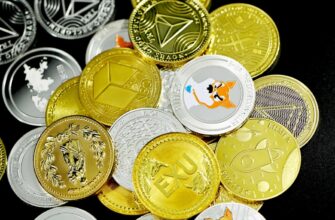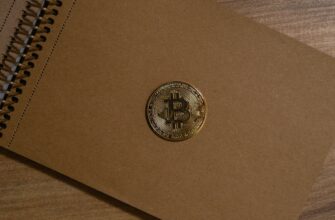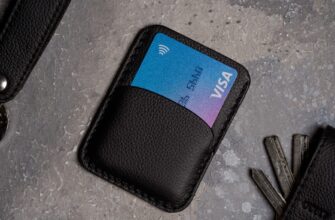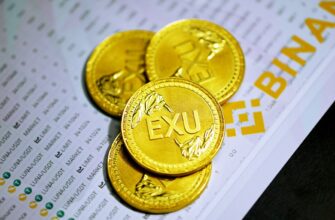- Understanding USD to Naira Conversion
- Why Convert USD to Naira?
- Factors Influencing USD to Naira Exchange Rates
- How to Convert USD to Naira: 5 Reliable Methods
- Maximizing Your Conversion: 6 Expert Tips
- Fees and Charges Explained
- Regulatory Landscape: CBN’s Role
- 2024 Market Outlook
- Frequently Asked Questions (FAQ)
- Final Thoughts
Understanding USD to Naira Conversion
USD to Naira conversion refers to exchanging US Dollars (USD) for Nigerian Naira (NGN), a critical financial process for individuals and businesses. With Nigeria’s economy heavily reliant on imports and foreign transactions, this conversion impacts remittances, trade, travel, and investments. Fluctuating exchange rates mean staying informed is essential to maximize value and avoid losses.
Why Convert USD to Naira?
Key scenarios driving this conversion include:
- Remittances: Nigerians abroad sending money to family.
- Business Operations: Companies paying local suppliers or employees.
- Travel: Tourists or returnees needing cash for expenses.
- Investments: Foreign investors entering Nigerian markets.
- Education/Healthcare: Funding services denominated in Naira.
Factors Influencing USD to Naira Exchange Rates
Exchange rates fluctuate due to complex economic dynamics:
- Inflation Differentials: Higher inflation in Nigeria weakens the Naira against the USD.
- Oil Prices: As Nigeria’s primary export, crude oil prices directly affect forex reserves.
- Central Bank Policies: CBN interventions, interest rates, and forex restrictions.
- Demand-Supply Imbalance: Scarcity of USD amplifies parallel market premiums.
- Political Stability: Elections or policy shifts trigger market volatility.
How to Convert USD to Naira: 5 Reliable Methods
Choose secure channels for optimal safety and value:
- Banks: Licensed institutions offer regulated rates but may have lower liquidity and higher fees.
- Online Platforms (e.g., Wise, WorldRemit): Fast transfers with mid-market rates; ideal for remittances.
- Bureaux de Change (BDCs): Authorized street vendors providing competitive rates; verify CBN licensing.
- Peer-to-Peer (P2P) Exchanges: Platforms like Binance P2P enable direct user transactions; monitor for scams.
- Fintech Apps (e.g., Grey, Chipper Cash): Mobile solutions with real-time tracking and low fees.
Avoid the black market—illegal and high-risk despite tempting rates.
Maximizing Your Conversion: 6 Expert Tips
- Track Live Rates: Use tools like XE.com or CBN’s website before transacting.
- Compare Fees: Hidden charges can erode value; prioritize transparent pricing.
- Time Your Transfer: Rates often dip during high-demand periods like holidays.
- Leverage Limit Orders: On P2P platforms, set target rates for automatic execution.
- Verify Recipient Details: Double-check account numbers to prevent failed transactions.
- Use Escrow Services: For P2P trades, ensure funds are held securely until confirmed.
Fees and Charges Explained
Typical costs include:
- Transfer Fees: Fixed or percentage-based (e.g., 1-5% for online services).
- Exchange Rate Margins: The spread between buy/sell rates—compare against the mid-market rate.
- Third-Party Charges: Intermediary banks may deduct fees for international transfers.
Pro Tip: Services like Wise use the real mid-market rate with minimal markup.
Regulatory Landscape: CBN’s Role
The Central Bank of Nigeria (CBN) regulates forex markets through:
- Setting official exchange rates and liquidity thresholds.
- Restricting USD access for certain imports to conserve reserves.
- Licensing BDCs and fintech operators to curb illegal trading.
Recent reforms aim to unify multiple exchange windows, reducing arbitrage gaps.
2024 Market Outlook
While rates remain volatile, trends suggest:
- Increased CBN interventions to stabilize the Naira.
- Growing adoption of digital platforms for transparency.
- Ongoing pressure from inflation and forex scarcity.
Always consult real-time data before large conversions.
Frequently Asked Questions (FAQ)
Q1: What’s the current USD to Naira rate?
A: Rates change constantly. Check live sources like the CBN website, Bloomberg, or trusted forex apps for updates.
Q2: Is black market conversion legal?
A: No. It violates Nigerian law and carries risks like fraud or arrest. Use licensed channels only.
Q3: How do I avoid scams when converting USD?
A: Work with regulated entities, avoid “too good to be true” rates, and never share banking details publicly.
Q4: Which method offers the best exchange rate?
A: P2P platforms and BDCs often have competitive rates, but online services provide security and speed. Compare options.
Q5: Are there limits on USD to Naira conversions?
A: Yes. Banks and platforms impose daily/annual caps. For large sums, contact providers in advance.
Q6: Can I convert USD cash to Naira instantly?
A: BDCs and banks handle cash exchanges, but online transfers may take minutes to days based on the method.
Final Thoughts
Mastering USD to Naira conversion requires awareness of economic drivers, trusted methods, and strategic timing. Prioritize safety through licensed platforms, monitor real-time rates, and leverage this guide to navigate Nigeria’s dynamic forex landscape confidently.








